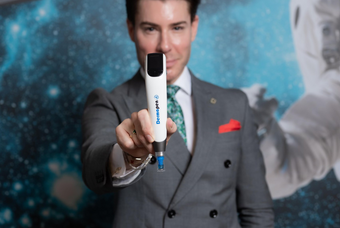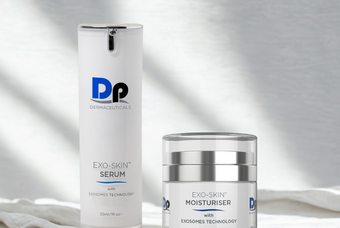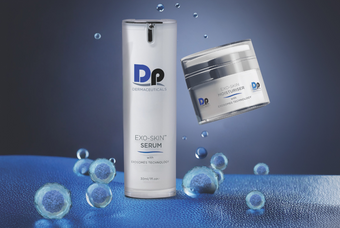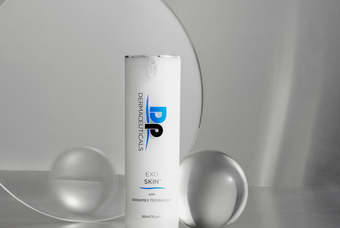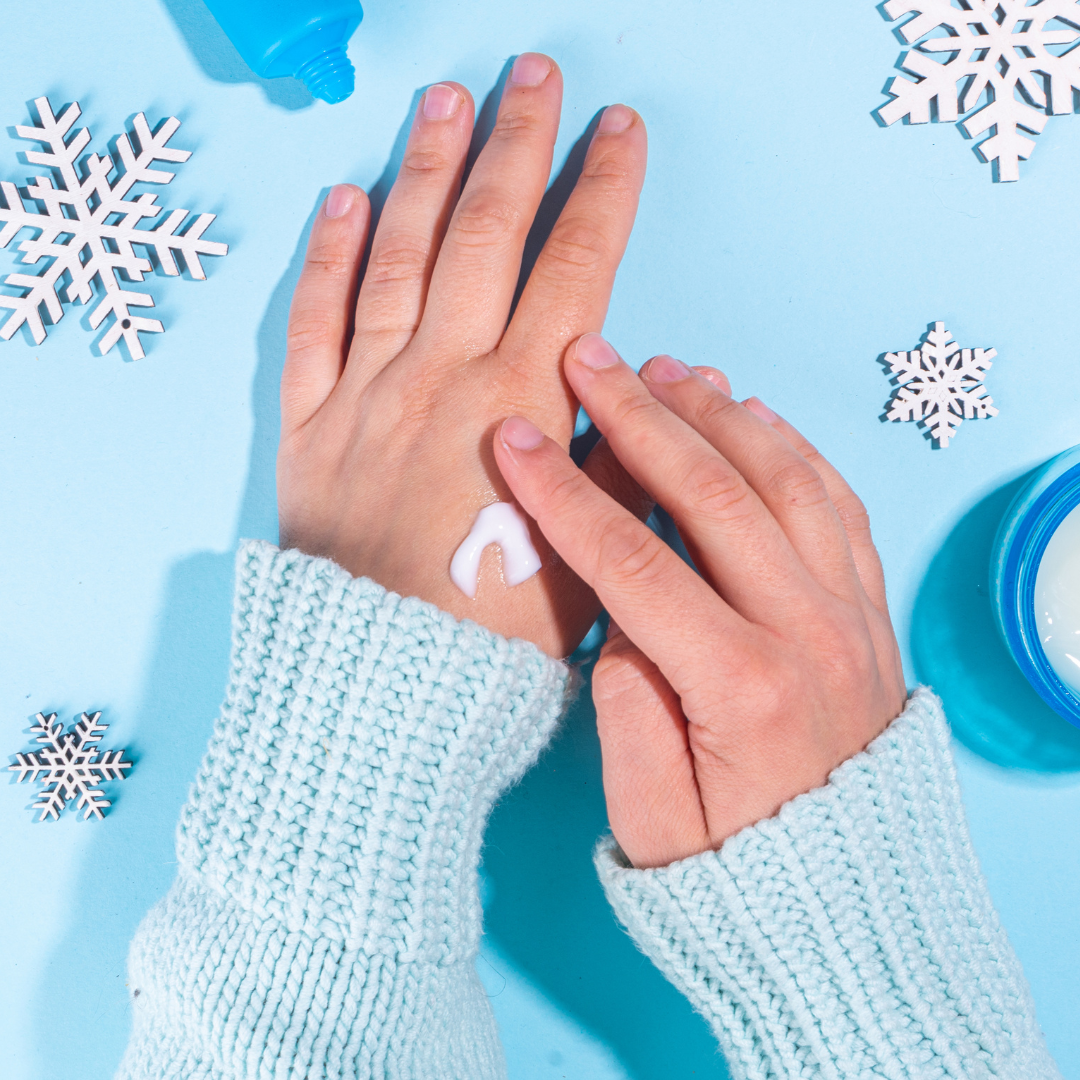Winter brings with it many challenges for our skin - from extreme cold temperatures to harsh winds and low humidity, your skin needs extra care during this season. In this article, we'll discuss how to incorporate key ingredients like squalane into your skincare routine, as well as which products are best for keeping dryness and irritation at bay.
Squalane is an important ingredient you should be looking out for in a winter skincare product. It is a natural lipid that can help lock in moisture while providing powerful anti-inflammatory and antioxidant benefits which can be especially beneficial in protecting the delicate skin on your face against the elements during winter.
If you’re thinking, “Wait, I don’t want lipids on my already-oily skin,” squalane actually helps balance oil production, making it safe for all skin types and conditions, including acne-prone skin!
For maximum effectiveness though, look for high-quality, biocompatible formulations such as Dp Dermaceuticals SKIN VENEER that contain pure plant-based squalanes sourced from olives or sugarcane rather than synthetic ones derived from petroleum sources. As a result, they replicate the skin’s natural barrier function.
Squalane vs. Squalene: What’s the Difference?
Squalane and squalene are two common ingredients found in skincare products, both derived from natural sources.
However, there are some key differences between the two that you should be aware of before using either of them. Squalene is a liquid form of skin-moisturizing fatty acid which is naturally present in our skin cells and helps protect them against environmental damage such as UV radiation. It can also reduce wrinkles by stimulating collagen production and maintaining good hydration levels within the epidermis.
On the other hand, squalane is an oilier derivative of squalene which has been hydrogenated to make it more stable for use in creams and lotions, providing superior moisturization benefits over its original form while still retaining much of its antioxidant properties.
Before you put on any skincare product, remember that cleansing is an essential part of any skincare routine during any season. However, during the dry winter months, you will want to select milder cleansing formulas that won't strip away natural oils or disrupt protective mechanisms on your face. Opt for versions containing natural surfactants such as plant-based ones since these are less harsh than synthetic alternatives.
Additionally, look out for specialized oil-based cleansers, such as Tri Phase Cleanser with Grapeseed Oil, as they work wonders on dry skin by removing dirt, makeup and impurities while still nourishing and moisturizing its surface.
Keeping your skin hydrated is especially important in dry winter weather. When it comes to choosing the best moisturizer for a dry face, opt for one that contains both humectants and emollients to provide instant hydration without overloading the skin with too much oiliness which could cause breakouts.
Humectants, such as hyaluronic acid, draw moisture into the skin while emollients help seal it in by forming a protective barrier on top of the epidermis. Ideally, you should also look out for products containing ceramides (a type of fatty acid found naturally within our bodies) since they have excellent water binding capabilities, boosting their ability to keep skin feeling soft and nourished even when exposed to dry environments.
Additionally, exfoliating regularly throughout winter months helps slough off dead cells so they don't clog pores or create flaky patches on your face. Try using gentle exfoliators like fruit enzymes that dissolve away impurities without harming healthy layers beneath – combining this step with serum application will give you maximum absorption abilities helping boost its efficacy
Finally, always remember to protect yourself against UV rays by wearing SPF 30+ everyday, even if it's cloudy outside. UVA/UVB rays still penetrate through clouds so sunscreen remains essential even during colder seasons!
If you’re living in colder climates, most of your body may be protected from UV rays by your clothing, but hands are often forgotten! Consider Dp Dermaceuticals Body Butter SPF 50 PA++++ for a luxurious, hydrating protection for your hands and Cover Recover for tinted SPF 30 protection for your face. Both are mineral-based sunblocks using Zinc Oxide and Titanium Dioxide, avoiding chemical ingredients in question such as Oxybenzone.
All these tips combined can help ensure a beautiful glowing complexion no matter the time of year!
Have more questions about how Dp Dermaceuticals can level up your winter skincare? Email us at info@dpderm.com or chat with us now.



